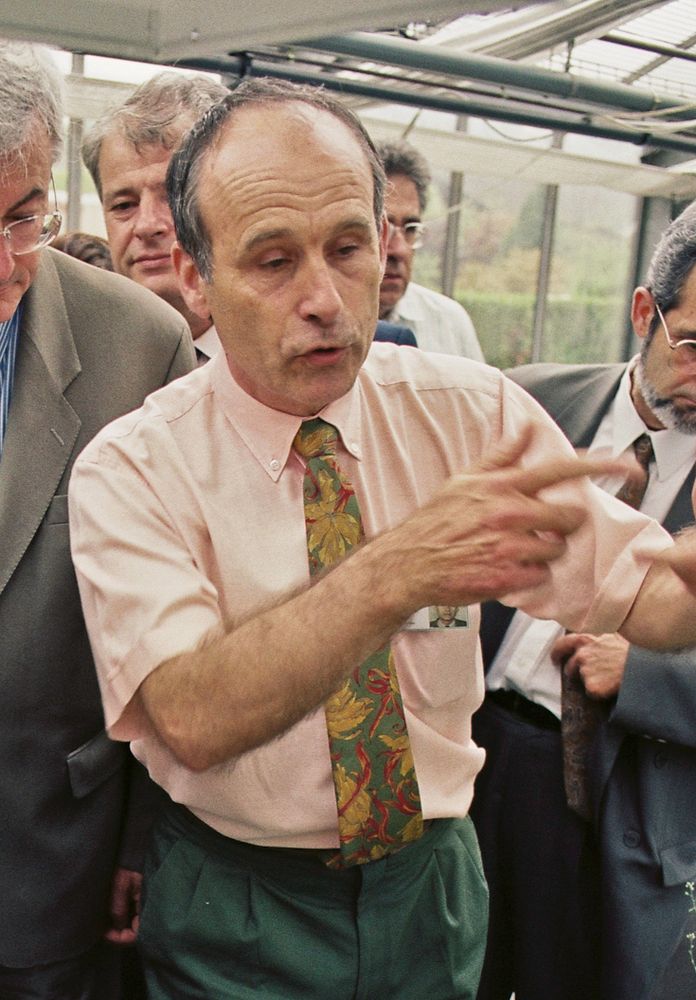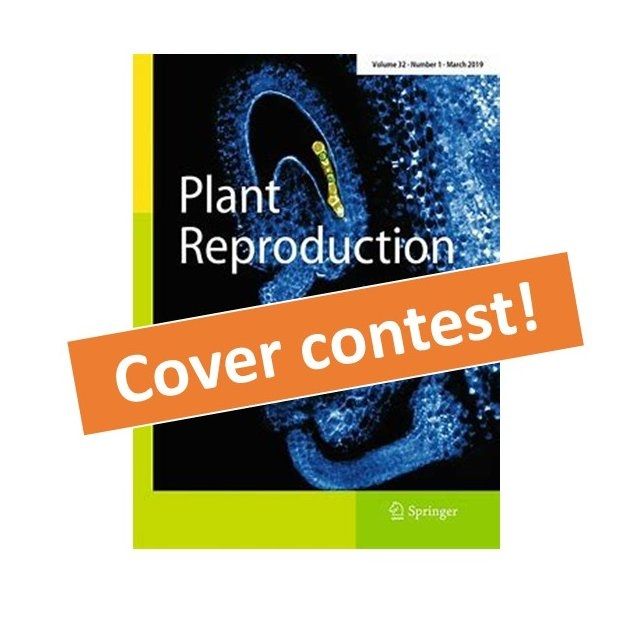Colloque, Les plantes dans un environnement à fort CO2 : contraintes et opportunités | Académie des sciences (30/09/2025 - 10:00 - mar 30/09/2025 - 17:00)
Les plantes dans un environnement à fort CO2 : contraintes et opportunités Ce colloque vise à dresser un état des connaissances et des enjeux de l'influence exercée par l’élévation du CO2 atmosphérique sur le monde végétal. Inscriptions à venir ! Colloque académique destiné à un public scientifique ou non scientifique éclairé.
Le dérèglement climatique engendré par l’élévation du CO2 atmosphérique et autres gaz à effet de serre aggrave les contraintes abiotiques exercées sur les plantes : sécheresse, chaleur, événements climatiques extrêmes, mettant en danger leur productivité et même leur survie. Par ailleurs, et de manière singulière par rapport aux autres organismes vivants, une concentration plus élevée de CO2 stimule la croissance de la plupart des végétaux, du fait d’une photosynthèse accrue. Cet effet positif, dénommé « fertilisation CO2 », a également un impact important sur le transfert de carbone dans les sols, les plantes contribuant ainsi à l’atténuation du changement climatique.
Organisé conjointement par l'Académie des sciences et l'Académie d'agriculture de France, ce colloque abordera l’état des connaissances multidisciplinaires dans ces domaines et fera la synthèse des contraintes et opportunités que représente pour les plantes et les agroécosystèmes associés une élévation du CO2 atmosphérique.
Organisateurs
Christophe Maurel, membre de l'Académie des sciences, directeur de recherche au CNRS, directeur de l'Institut des sciences des plantes de Montpellier (IPSiM - CNRS/Inrae/Université de Montpellier)
Alain Gojon, membre correspondant de l’Académie d’agriculture de France, directeur de recherche honoraire d’Inrae, ancien directeur (2012-2020) du laboratoire de Biochimie et physiologie moléculaire des plantes (B&PMP - CNRS/Inrae/Université de Montpellier/Institut Agro), devenu l’Institut des sciences des plantes de Montpellier (IPSiM).
Philippe Gate, membre de l’Académie d’agriculture de France, ex-directeur scientifique d’Arvalis-Institut du végétal (2009-2021)
Intervenants (programme détaillé à venir)
Marie-Odile Bancal, maître de conférences à AgroParisTech, laboratoire Écologie fonctionnelle et écotoxicologie des agroécosystèmes (Ecosys – Université Paris-Saclay/Inrae/AgroParisTech)
Claire Chenu, membre correspondant de l’Académie d’agriculture de France, membre de l’Académie des technologies, directrice de recherche à Inrae, professeure consultante à AgroParisTech, laboratoire Écologie fonctionnelle et écotoxicologie des agroécosystèmes (Ecosys – Université Paris-Saclay/Inrae/AgroParisTech)
Philippe Ciais, membre de l’Académie des sciences, membre de l'Académie d'agriculture de France, directeur de recherche au CEA, Laboratoire des sciences du climat et de l’environnement (LSCE - CEA/CNRS/Université Versailles Saint-Quentin-en-Yvelines) de l’Institut Pierre-Simon Laplace.
Pierre Crozet, maître de conférences à Sorbonne Université, laboratoire de Biologie computationnelle, quantitative et synthétique (CQSB – CNRS/Sorbonne Université)
Meije Gawinowski, chargée de recherche à Inrae, laboratoire Écologie fonctionnelle et écotoxicologie des agroécosystèmes (Ecosys – Université Paris-Saclay/Inrae/AgroParisTech)
Xenie Johnson, directrice de recherche au CEA, responsable adjointe de l’équipe Photosynthèse et Environnement
Nathalie Leonhardt, directrice de recherche au CEA, responsable de l’équipe Plant Environmental Physiology and Stress Signaling (PEPSS), Institut Biosciences et Biotechnologies d'Aix - Marseille (BIAM – Aix-Marseille Université/CEA/CNRS)
David Makowski, directeur de recherche, Inrae/AgroParisTech/Université Paris-Saclay, Département AgroEcosystem
Antoine Martin, directeur de recherche au CNRS, responsable de l’équipe Signalisation nitrate et régulation par l’environnement (Sirene), Institut des sciences des plantes de Montpellier (IPSiM – CNRS/Inrae/Université de Montpellier)























